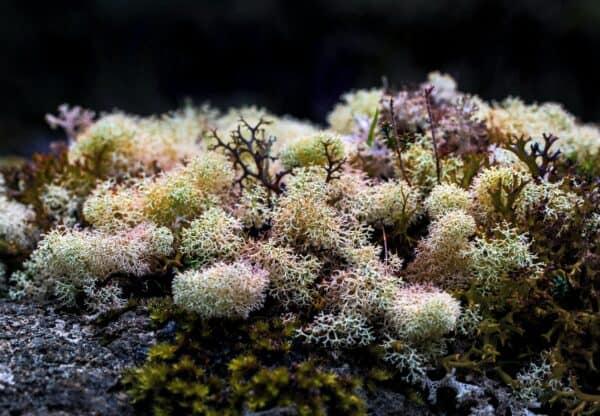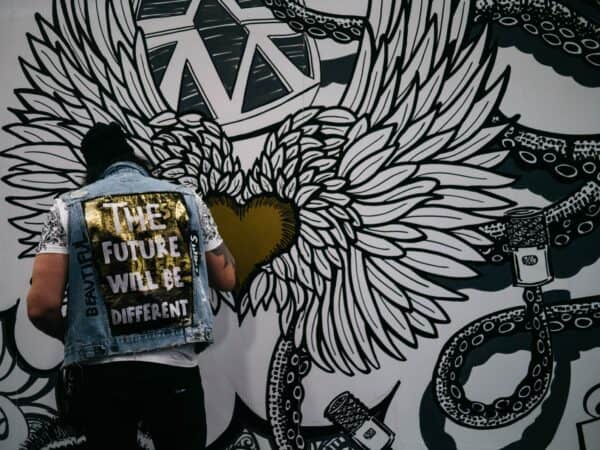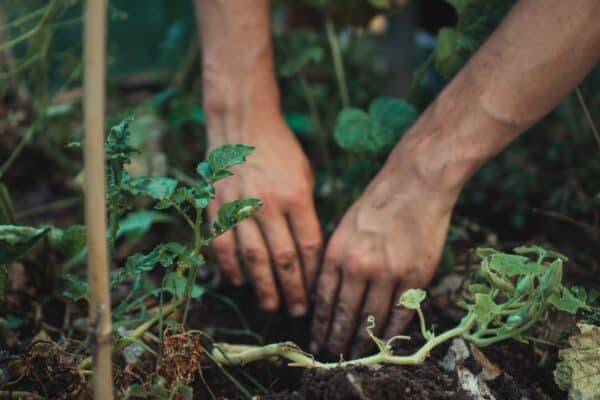A mantra I often share with my clients is “I am imperfect and I am enough, and there is room for growth”. Without knowing this, we will not have the courage to self-reflect, receive feedback and DEVELOP in our emotional maturity. We won’t be able to lead ourselves better either.
Another thing I often share is a reminder that although grief can seem so dark and scary, it’s the place where new life is made.
I do this as an invitation to lean into what feels painful as a passageway to experience a greater sense of wholeness, instead of seeing what hurts as something to run from.
When we let go of bypassing as a pattern, we can enable breath and movement and new life-giving pathways to emerge in our lives.
Because to bypass is to avoid something that gives us a contraction in some way.
For a lot of my life, despite being a highly feeling person, I made myself so busy so that there was no time or space to be with emotions I believed would engulf me: shame, fear of being all alone in the world, the grief of being unloved.
Instead I swallowed them down hoping they would disappear.
Bypassing is a sign that we don’t want to face something that feels uncomfortable, such as the truth of a situation. It is therefore a form of denial.
When we are trying to run away from stark realities in our lives, we are often unable to let go, relax and engage in deep regeneration. Which is why bypassing and burn-out are sometimes, but not always, interlinked.
It often means we are rushing through our lives, not only feeling disconnected from the full range of our emotions, but life itself too.
In public debate, when something is bypassed, it is left out deliberately to avoid accountability. Being held to account is often seen as a place of judgement and shame rather than an opportunity to learn and grow.
Topics that are commonly bypassed in public debate are issues such as systemic racism, social injustice, ableism and the (extent of) climate breakdown. These are all different forms of abuse.
In New Age Spirituality, uncomfortable emotions and realities are often bypassed in the name of ‘love & light’, ‘positive mindset’, ‘keeping a high vibe’ and ‘unity’. Unfortunately, when we refuse to look at unjust realities and painful emotions, no deeper healing can take place.
Ignoring injustice, pain and our complicity in it, doesn’t make it go away. Pretending something doesn’t exist is a form of gaslighting.
Gaslighting is a form of emotional violence, where we distort what is actually going on in order to manipulate others (and sometimes ourselves) who are experiencing a form of oppression that it doesn’t exist and they are making it up. All in the name of avoiding looking at the degenerative reality of power-over relationships.
In our own personal lives, this may mean that we bypass emotionally abusive behaviours from those close to us, as it is simply too painful to face the truth that they do not treat us right. This can keep us stuck in degenerative relationships for years.
The antidote to bypassing is practising self-acceptance and self-kindness.
As changemakers, we are here to look at issues head on, however uncomfortable they may seem. This is as true for our personal lives as it is for our contribution to society.
When we are held to account, or are nudged to sit with painful truths, we come face to face with both our imperfections, and with grief.
Only when we acknowledge and face the reality of a situation, can we begin to heal it. Deep healing is not going to be comfortable, but it will lead to a greater sense of wholeness.








